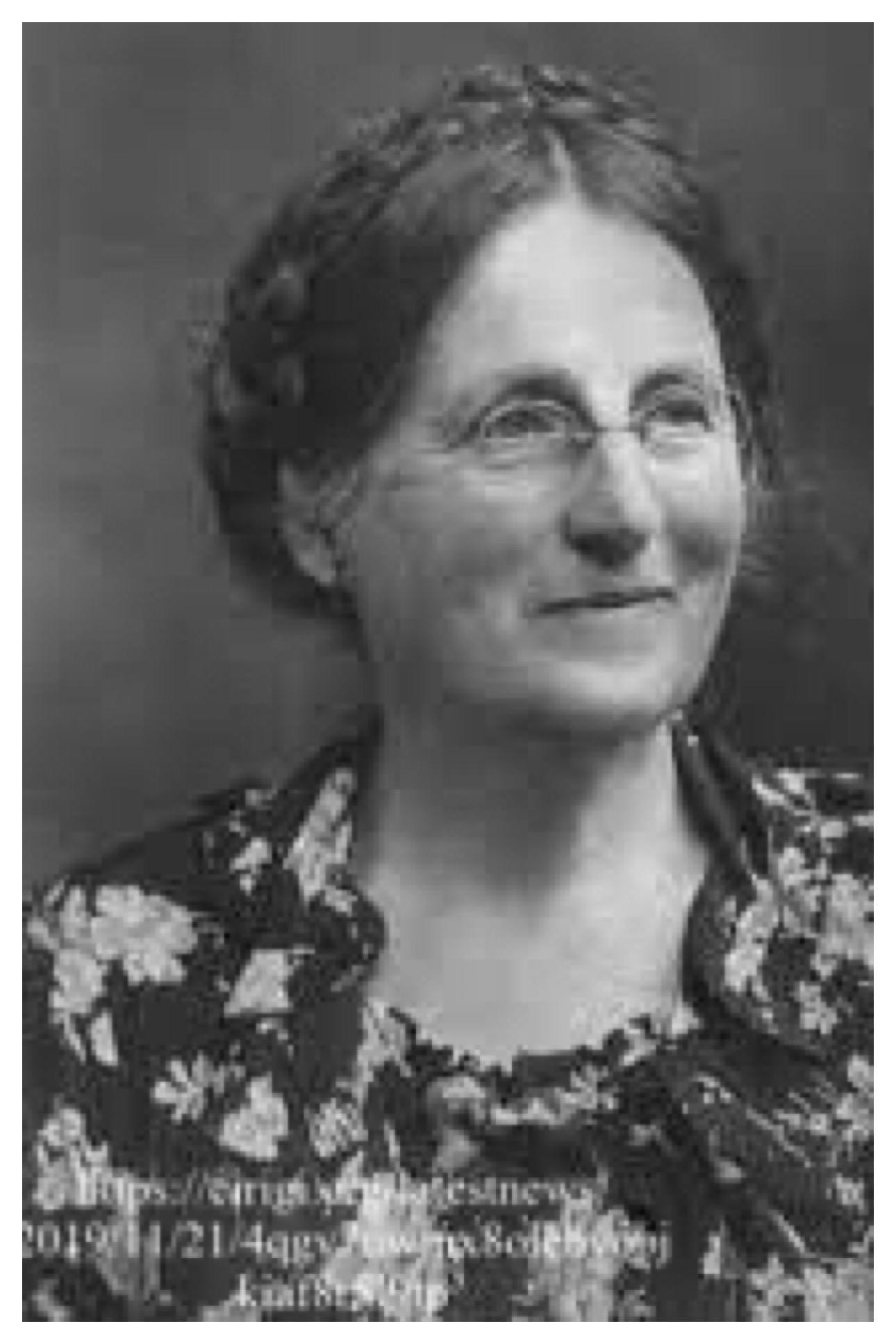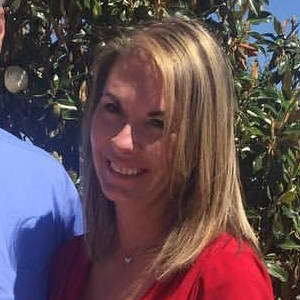Recently I was reading an article about getting women more involved in STEM (Science, Technology, Engineering and Math) subjects. These subjects have typically been men dominated fields. The article was focused on Ireland and how there were some women who broke the barrier long before Irish women were even allowed to go to University. In 1855, when University was finally open to women they could not just study anything they wanted, they couldn’t join certain societies on campus and even had to leave the campus by certain times. However, that all changed in 1920 with the first class of women being allowed to enroll in the University of Dublin to study science. Yet, there were women who were able to go into these fields before this time. We will focus on one of those women today, Dr. Kathleen Lynn.
Dr. Kathleen Lynn was born into wealth in County Mayo.
Born on January 28, 1874 in Mullaghfarry, Killala, County Mayo to high social status and wealthy parents, she was afforded the opportunity to get a full education. At the age of 13 she was sent to a prestigious boarding school, Alexandra, in Dublin. She went on to attend Catholic University Medical School and graduated in 1899. Kathleen picked medicine because while her family was wealthy she was exposed when younger, to the suffering of the poor and had great empathy and compassion for them. So she wanted to be of some help to these poor people.
To help build up her medical experience Kathleen went to the United States until 1909 when she came back to Ireland and became a fellow at the Royal College of Surgeons. As you can imagine, back in the early 1900’s many male colleagues did not want to work with her and for this reason she had to switch hospitals frequently. In many of these hospitals she was the first woman to ever be hired. She eventually set up her own private practice.
Dr. Lynn helped with the women's suffrage movement.
Kathleen also was part of political movements as well as women’s suffrage. Kathleen supported the Dublin Lockout and spent a lot of time volunteering at the Liberty Hall soup kitchen. She also became sympathetic to Irish Nationalism and even joined the Irish Citizen Army and was their Chief Medical Officer in the 1916 Easter Rising and was imprisoned, in Kilmainham Gaol, for her part.
Imagine how important these pioneering women were for starting to show women were capable of doing everything they wanted. Now there are women doctors, engineers, mathematicians and scientists. Women’s numbers in politics are also climbing. Do you have any women in your family that pioneered the way for their posterity? Any that were the first at something that we may take for granted nowadays? If you do, share them with us.
We can help
If you need any help finding your ancestors, just let us know.


